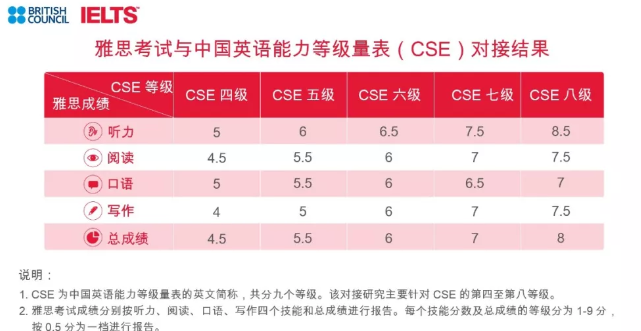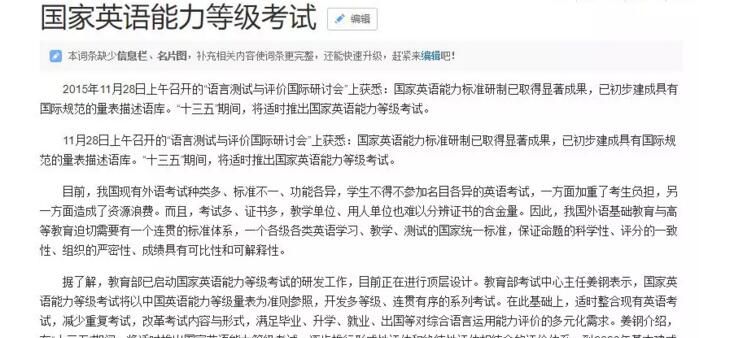TEST3READINGCOMPREHENSION
|
SECTION II Time -- 35 minutes 27 Questions Directions: Each passage in this section is followed by a group of questions to be answered on the basis of what is stated or implied in the passage. For some of the questions, more than one of the choices could conceivably answer the question. However, you are to choose the best answer, that is, the response that most accurately and completely answers the question, and blacken the corresponding space on your answer sheet. The extent of a nation's power over its coastal ecosystems and the natural resources in its coastal waters has been defined by two international law doctrines: freedom of the seas and adjacent state sovereignty. Until the mid-twentieth century, most nations favored application of broad open-seas freedoms and limited sovereign rights over coastal waters. A nation had the right to include within its territorial dominion only a very narrow band of coastal waters. A nation had the right to include within its territorial dominion only a very narrow band of coastal waters (generally extending three miles from the shoreline), within which it had the authority but not the responsibility, to regulate all activities, But because this area of territorial dominion was so limited, most nations did not establish rules for management or protection of their territorial waters. Regardless of whether or not nations enforced regulations in their territorial waters. Large ocean areas remained free of controls or restrictions. The citizens of all nations had the right to use these unrestricted ocean areas for any innocent purpose including navigation and fishing. Except for controls over its own citizens, no nation had the responsibility, let alone the unilateral authority, to control such activities in international waters. And, since there were few standards of conduct that applied on the "open seas", there were few jurisdictional conflicts between nations. |








